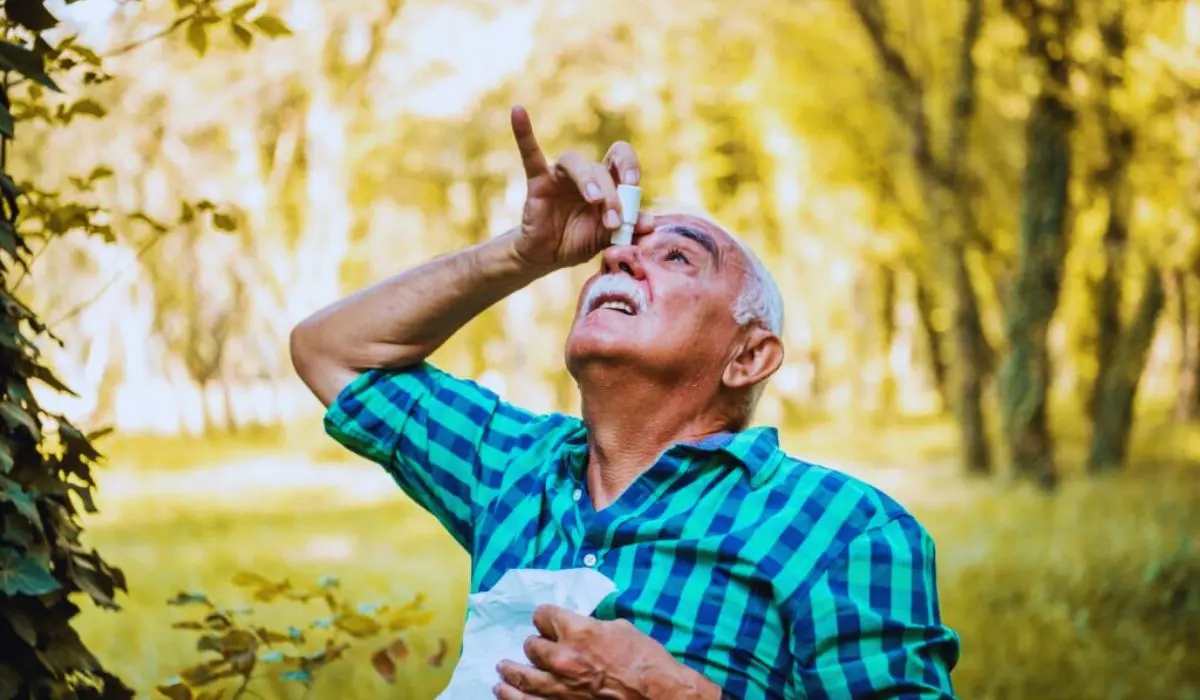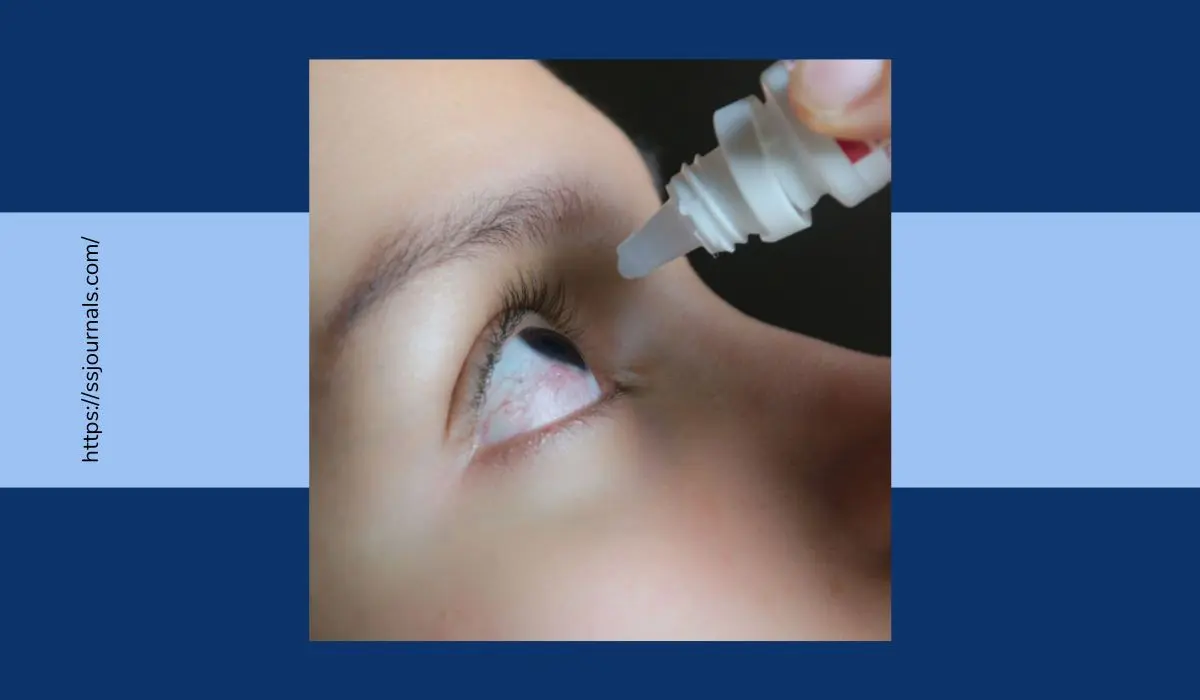Eye dryness, or dry eye disease, is a common condition that occurs when the eyes do not produce enough tears or the tears evaporate too quickly.
This leads to discomfort and irritation. Understanding the causes of eye dryness can help sufferers find the right treatments and lifestyle changes to cure dry eyes.
In this article, we will discuss the symptoms, causes, treatment tips, preventive methods, precautions, and frequently asked questions about dry eyes.
What Is Eye Dryness?
Eye dryness, known medically as keratoconjunctivitis sicca, results from reduced tear production or excessive tear evaporation.

This causes the eyes to lose moisture, leading to irritation and inflammation of the eye surface and inner eyelids. It is a chronic problem that usually affects both eyes.
Symptoms Of Eye Dryness
Common symptoms of dry eyes include:
Causes Of Eye Dryness
Some major causes of dry eyes include:
Tips To Cure Dry Eyes
Home treatments that can provide relief include:
Prevention Methods
You can help prevent dry eyes by:
Precautions
See an ophthalmologist promptly if you have:
Conclusion
Dry eye disease is a frustrating condition that makes eyes feel irritated, gritty, and uncomfortable. Eye dryness has many causes including aging, autoimmune disorders, environment, medications, gland issues, and eye surgeries.
Combining over-the-counter drops, lifestyle changes like diet, and managing screen time can help cure dry eyes.
See a doctor if symptoms persist or vision problems arise. With a proactive treatment plan, dry eye sufferers can find relief.
FAQs
There is no cure for chronic dry eyes, but with continued treatment using lubricating eye drops and lifestyle changes, symptoms can be managed and most patients find adequate relief.
Severe dry eyes may cause corneal damage leading to vision impairment or blindness if left untreated. However, this is very rare. Managing dry eyes helps prevent complications.
Using preservative-free eye drops as needed provides the quickest relief for most cases of dry eye. Also, limit screen time, avoid airborne irritants, use a humidifier, and apply warm compresses to treat eye dryness.
Yes, eggs are nutritious food for dry eyes. The lutein and omega-3s in eggs help reduce inflammation. Eggs also contain vitamin A for eye health. Enjoy them boiled, poached or scrambled.
Yes, lack of sleep can contribute to dry eyes. Eye strain, incomplete closing of eyes during sleep, and effects on oil glands reduce tear production. Aim for 7-9 hours of uninterrupted sleep daily.

